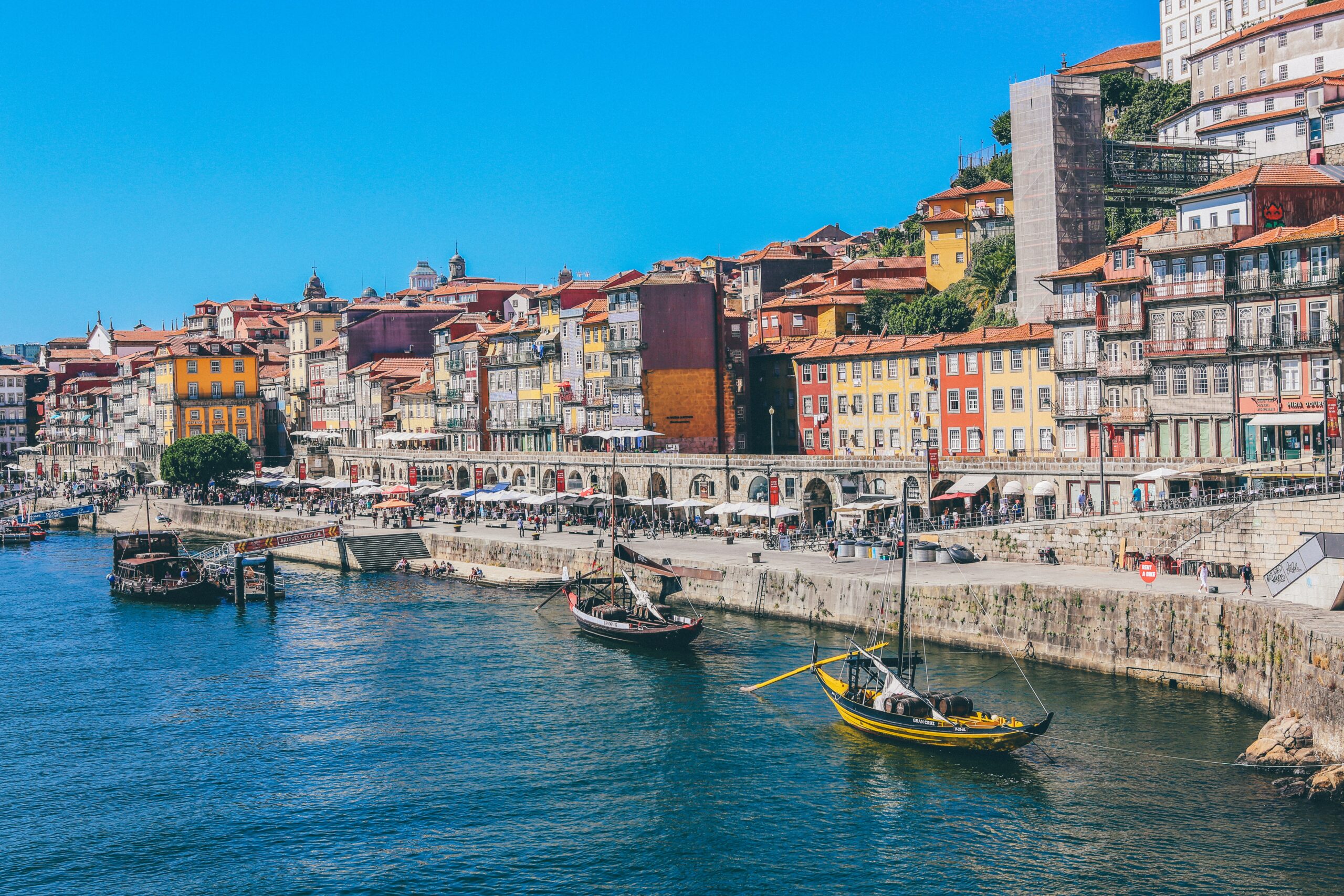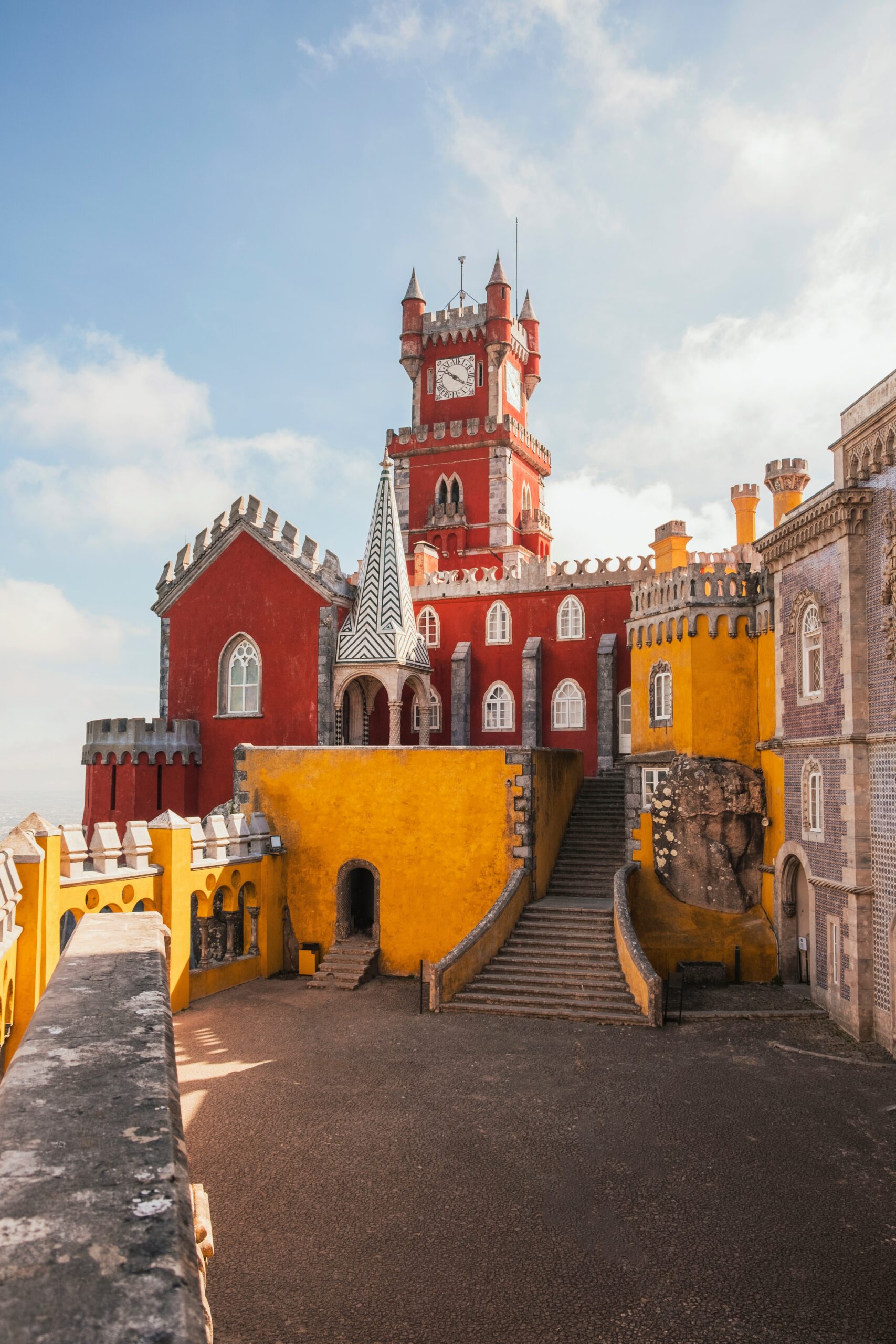Introduction
In this guide, we will provide you with everything you need to know about the Portugal digital nomad visa, from eligibility requirements to the application process.
Are you a digital nomad looking for a new destination to work and live? Look no further than Portugal. In 2021, Portugal launched a digital nomad visa program, offering an attractive option for remote workers to live and work in this beautiful country for up to one year.
Eligibility Requirements:
To be eligible for the Portugal digital nomad visa, you must meet the following criteria:
- You must work remotely or be self-employed with clients outside of Portugal
- You must have a minimum monthly income of €1,200 (or €1,500 for a couple) before taxes or social security contributions
- You must have valid health insurance that covers you in Portugal
- You must not have any criminal record
Application Process:
The application process for the Portugal digital nomad visa is relatively straightforward. Here are the steps you need to follow:
- Gather all the required documents: Passport, Proof of Income, Health Insurance, Accommodation Details, Criminal Record, and Application Form.
- Apply online or at the Portuguese embassy or consulate in your country of residence.
- Pay the application fee (€83.10) and wait for the processing time.
- Once approved, you have four months to enter Portugal and apply for your residence permit.
- After your arrival, you must complete your registration with the Portuguese Immigration and Borders Service (SEF) within three business days.
Benefits of the Portugal Digital Nomad Visa:
The Portugal digital nomad visa offers several benefits for remote workers looking to work and live in this beautiful country. These benefits include:
- Low cost of living: Portugal is one of the most affordable countries in Western Europe, making it an attractive option for digital nomads on a budget.
- High quality of life: Portugal has a great climate, beautiful beaches, and stunning scenery, making it a popular destination for expats and digital nomads.
- Easy access to Europe: Portugal is a Schengen country, making it easy to travel throughout the EU.
- Vibrant startup ecosystem: Portugal is home to several successful startups and has a growing tech scene, making it an ideal destination for entrepreneurs and remote workers.
Cost of Living in Portugal
Portugal is highly affordable in Western Europe, appealing to budget-conscious digital nomads. According to Numbeo, living costs in Portugal are 36.29% lower compared to the United States. Here’s a breakdown of living expenses:
Portugal’s weather, with a Mediterranean climate, lures outdoor-loving digital nomads. Lisbon experiences average summer temperatures of 28°C (82°F) and winter temperatures of 13°C (55°F).
- Transportation: A one-way ticket on public transport costs €1.50, while a monthly pass costs €40.00.
- Entertainment: A movie ticket costs around €7.50, while a fitness club membership costs around €34.00 per month.
Startup Ecosystem in Portugal
Portugal has a growing startup ecosystem, making it an ideal destination for entrepreneurs and remote workers. According to Startup Genome’s 2020 Global Startup Ecosystem Report, Lisbon is one of the top 40 startup ecosystems in the world, and Porto is one of the top 100. Some of the most successful startups in Portugal include:
- Farfetch: A global fashion platform that connects shoppers with luxury fashion brands.
- OutSystems: A low-code development platform that helps businesses build and deploy applications faster.
- Unbabel: A translation platform that uses artificial intelligence and human editors to provide high-quality translations.
- Talkdesk: A cloud-based call center software that helps businesses improve customer experience.
- Landing.jobs: A job platform that connects tech professionals with job opportunities in Europe.
These successful startups have helped establish Portugal as a hub for innovation and entrepreneurship, making it an attractive destination for digital nomads looking to collaborate with like-minded individuals and businesses.
Weather in Portugal
Portugal’s warm and sunny weather attracts digital nomads who enjoy the outdoors. With a Mediterranean climate, Lisbon sees average summer temperatures of 28°C (82°F) and winter temperatures of 13°C (55°F).
Aside from the benefits mentioned above, there are other advantages to being a digital nomad in Portugal. For one, the country’s healthcare system is considered one of the best in Europe, offering affordable and high-quality medical care to residents and visitors alike.
Portugal is also known for its excellent cuisine, with fresh seafood, grilled meats, and traditional pastries being some of the most popular dishes. Wine lovers will also appreciate the country’s variety of world-class wines, including Port wine, which is made exclusively in the Douro Valley region.
Portugal History
Additionally, Portugal has a rich history and culture, with plenty of museums, galleries, and historical sites to explore. The country is home to several UNESCO World Heritage sites, including the historic center of Porto, the Belém Tower in Lisbon, and the Monastery of Alcobaça.
Portugal is also famous for its music and dance, with fado being the traditional music style that originated in Lisbon and is recognized as part of the country’s cultural heritage.
If you’re considering moving to Portugal as a digital nomad, it’s important to be aware of the cost of living. While Portugal is generally affordable compared to other European countries, the cost of living can vary depending on where you live and your lifestyle.
According to Numbeo, the average monthly cost of living in Lisbon for a single person is around €1,000-€1,500 ($1,200-$1,800 USD), while in Porto, it’s slightly lower at around €900-€1,300 ($1,100-$1,600 USD). These costs include rent, food, transportation, and other expenses.
Here are some subheadings for the provided information:
-
Popular Digital Nomad Hotspots:
- Lisbon
- Porto
- Algarve
- Madeira
-
Digital Nomad Visa Information:
- Eligibility Requirements
- Application Process
- Visa Duration
-
Tax Implications:
- Tax Exemption for Foreign Income
- Consultation with Tax Professionals
-
Accommodation Options:
- Short-term Rentals and Co-living Spaces
- Long-term Apartment Rentals
-
Cost of Living:
- Varied Living Costs
- Budgeting Considerations
-
Healthcare:
- Public Healthcare Eligibility
- Private Healthcare Options
-
Networking Opportunities:
- Thriving Startup Ecosystem
- Coworking Spaces and Networking Events
Here are some activities that digital nomads with the Portugal digital nomad visa can do while staying in the country:
- Work remotely: With a reliable internet connection, digital nomads can work remotely from anywhere in Portugal. They can work from coworking spaces, cafes, or accommodations, depending on their preference and work requirements.
- Explore the country: Portugal is a beautiful country with plenty of things to see and do. Digital nomads can visit historic sites such as the Belém Tower, the Jerónimos Monastery, or the Roman Temple in Évora. They can also explore Portugal’s natural beauty by visiting the Douro Valley, the Algarve, or the Azores archipelago.
- Learn the language: Learning Portuguese, the official language of Portugal, immerses digital nomads in the local culture. They can attend language classes, watch Portuguese TV shows, or practice speaking with locals to enhance their language skills.
- Cultural events: Digital nomads can attend festivals like Lisbon International Film Festival, Porto International Jazz Festival, or Festa de São João in Porto to explore Portugal’s vibrant cultural scene.
- Local communities: Joining expat groups, language exchanges, or entrepreneurship networks allows digital nomads to make friends, expand their network, and connect with locals.
- Volunteer: Additionally, Portugal offers various volunteering opportunities, including working with animal welfare organizations, environmental groups, or social initiatives. Volunteering can be a great way to give back to the community and gain valuable experiences.
- Sample local cuisine: Digital nomads in Portugal can indulge in delicious dishes like bacalhau (salt cod), cozido (meat and vegetable stew), or pastel de nata (custard tart). They can also savor renowned Port wine or explore regional varieties like Vinho Verde or Alentejo
Conclusion
Portugal’s digital nomad visa offers abundant activities and opportunities for staying engaged and entertained. If you fancy another European Country, check out our guide on Estonia Digital Nomad Visa.











